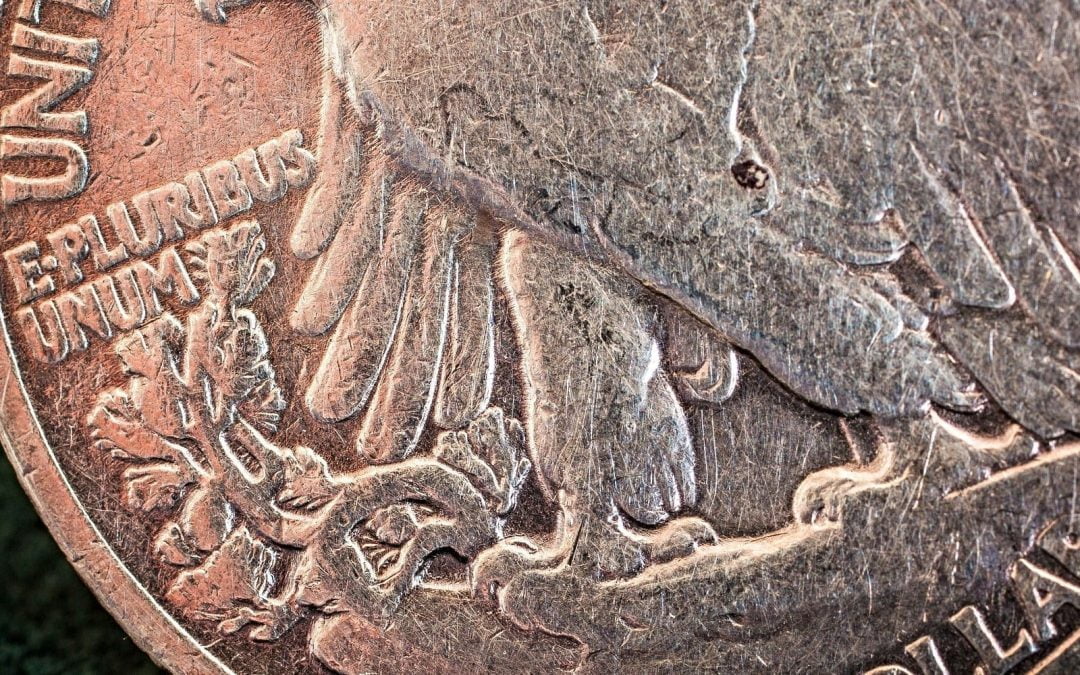In the United States, Christian nationalism is a disingenuous oxymoron spawned by the conflation of a distorted view of Christianity and a political ideology that romanticizes parts of the nation’s history.
A variety of peoples participating in a series of events collectively resulted in the founding of the United States of America.
The desire was to form a nation, a republic, governed by the participation of a pluralistic citizenry.
Despite their flaws, the founders established a constitutional government with the motto “e pluribus unum” – “out of many, one.”
Recognizing the diversity of thoughts and beliefs among themselves, this motto affirmed the heterogeneous nature of the young nation.
Understanding and respecting the different purposes served by government and religion, they enshrined religious freedom in the First Amendment of the Constitution:
“Congress shall make no law respecting an establishment of religion, or prohibiting the free exercise thereof; or abridging the freedom of speech, or of the press; or the right of the people peaceably to assemble, and to petition the Government for a redress of grievances.”
Historically, citizens with electoral power have sought to secure and maintain privilege for themselves.
This was modeled by the signers of the Declaration of Independence, who established the right to vote as an exclusive privilege for white men who owned property.
For almost 250 years, the nation’s people have kindled a burning desire to perfect her ideals.
As a result, our participative democracy has been enriched by the expansion of voting rights to include women and African Americans.
Intimately familiar with forms of government in western Europe, our nation’s founders did not establish a monarchy, a theocracy or a christocracy.
Many of them were Christians with firsthand experience of living in a society where the sanctioning of a state religion led all other faith traditions to be outlawed or marginalized.
This would be in direct conflict with both “e pluribus unum” and the teachings of Jesus Christ who consistently embraced those on the margins.
Some of our greatest atrocities as a nation have been justified by distorting the fundamental teachings of Christianity. This in itself gives many of the faithful reason to pause.
Wrapping a Christian banner around a political ideology in a pluralistic society is an invitation to proffer privilege to those who publicly claim to follow a religious belief system, while simultaneously, in effect, dismantling the safeguards of religious freedom.
We, as a nation, are better because of the contributions of those from many and no faith traditions.
The ideals expressed in our founding documents transcend religious beliefs and faith traditions.
These are the very ideals that inspire the citizenry to move ever closer to becoming “a more perfect union.”
As one who is both a citizen of this country and a Christian, I denounce Christian nationalism as the antithesis of the ideals of the United States of America and the Gospel of Jesus Christ.
Sign the Christians Against Christian Nationalism statement here.
Editor’s note: This article first appeared on the blog of Network Lobby, a Catholic leader in the global movement for justice and peace that educates, organizes and lobbies for economic and social transformation. It is used with permission. Last week, EthicsDaily.com published a series of articles focused on opposing the ideology of Christian nationalism. The articles in the series are available here.
Leslye Colvin works for Gathering for Mission, a project of Catholic Committee of the South inspired by Pope Francis that provides practicums in dialogue in dioceses across the country. She is also a member of the Barmen Today circle, and the NETWORK Board.

